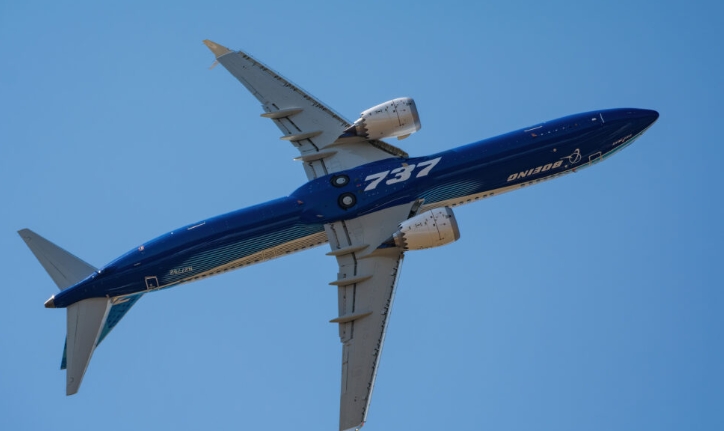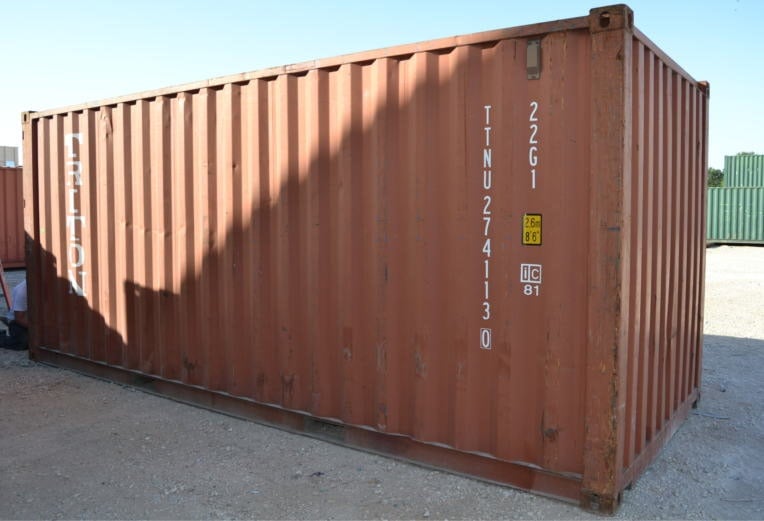Air freight has become an integral part of global trade, enabling businesses to transport goods swiftly and efficiently across vast distances. However, understanding the true cost of air freight can be a complex task. In this blog post, we will delve into the various factors that influence air freight costs, providing you with valuable insights and a comprehensive understanding of the expenses involved.
- Distance and Route:
The distance between the origin and destination plays a crucial role in determining air freight costs. Longer distances typically result in higher expenses due to increased fuel consumption and operational requirements. Additionally, the specific route taken can also impact costs, as certain routes may have higher fees or require additional stopovers. - Weight and Volume:
The weight and volume of the cargo being transported significantly affect air freight costs. Airlines charge based on either the actual weight or the volumetric weight, whichever is higher. Volumetric weight considers the space occupied by the cargo, ensuring that airlines are compensated for the space they allocate. Therefore, it is essential to optimize packaging and minimize unused space to avoid unnecessary expenses. - Type of Goods:
The nature of the goods being shipped can influence air freight costs. Perishable or hazardous items may require specialized handling, storage, and documentation, leading to higher charges. Fragile or valuable goods might necessitate additional insurance coverage, adding to the overall cost. Understanding the specific requirements of your goods will help you estimate the associated expenses accurately. - Seasonal Demand and Peak Periods:
Air freight costs can fluctuate based on seasonal demand and peak periods. During peak seasons, such as holidays or special events, airlines may increase prices due to higher demand. It is crucial to consider these factors when planning your shipments to avoid unexpected surcharges and delays. - Additional Services and Customs:
Additional services, such as customs clearance, warehousing, and last-mile delivery, can impact air freight costs. Customs duties, taxes, and fees imposed by different countries must also be considered. Working with experienced freight forwarders who can navigate these complexities efficiently can help minimize costs and ensure smooth customs procedures.
Conclusion:
Understanding the intricacies of air freight costs is essential for businesses engaged in international trade. By considering factors such as distance, weight, type of goods, seasonal demand, and additional services, you can estimate the expenses accurately and make informed decisions. Collaborating with reliable freight forwarders and optimizing packaging and logistics processes can further help reduce costs. Remember, thorough planning and knowledge of the air freight industry are key to optimizing expenses and ensuring successful shipments.

